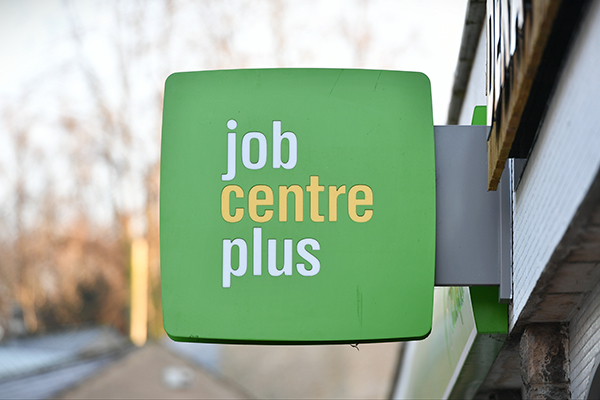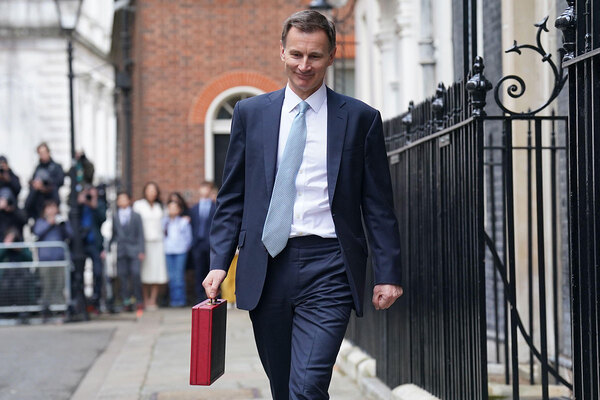You are viewing 1 of your 1 free articles
Universal Credit needs a rethink if we are to build a country that works for everyone
Sally Thomas calls for the government to reconsider current processes for Universal Credit
The government has a choice, it can disregard the warnings of: its very own watchdog, the National Audit Office (NAO), the findings of its own research, the Universal Credit full service survey and the calls from a variety of stakeholders – the Scottish Housing Federation (SFHA) included. Or it can heed the facts and take the time and care to fix Universal Credit full service processes before it goes to scale.
It is not too late, as the great majority of people affected are still supported through the legacy benefit system, with many of the most vulnerable claimants among the number.
The SFHA, in collaboration with the housing federations in England, Wales and Northern Ireland, is calling for a pause to allow five changes to be made to enable Universal Credit to work for all claimants, stakeholders and the Department for Work and Pensions (DWP) alike:
1. The provision of implicit consent. This would allow third parties such as housing association benefit advisors and citizens advice bureau workers to intercede on behalf of claimants to help ensure they are getting their correct entitlement, and that they are not unintentionally falling foul of the conditionality expectations. The Universal Credit full service survey found that a significant minority were having difficulty registering or managing their claim. Sanctions on Universal Credit claimants are currently running at around 10%.
2. Reform Universal Support delivered locally. The DWP’s own research found that four in ten Universal Credit claimants were experiencing difficulties keeping up with their bills well into their claim – eight or nine months in. Universal Support delivered locally currently provides personal budgeting support and assisted digital support mainly during the initial claim process and the support available varies across local authorities.
3. Align the deduction of housing costs from a claimant’s Universal Credit payment with direct payment to landlords. The current system, whereby monthly payments are held by the DWP then consolidated into a bulk four-weekly payment, is an administrative nightmare and unsustainable once Universal Credit goes to scale. A fix was being developed by the DWP but was not prioritised. It needs to be as a matter of urgency.
In much the same way that Universal Credit is supposed to reflect the world of work for claimants, its processes need to satisfy the commercial requirements of stakeholders.
Payments to landlords need to be aligned with the deduction from an individual’s Universal Credit award, just as the deduction of direct debits and payment to creditors are managed by banks.
Universal Credit should also allow the bulk upload of information such as rent changes, just as mortgage providers can notify banks of changes to direct debits as a result of interest rate variations.
4. Restore in-work allowances. As well as revise the rules so that the self-employed, those working in the gig economy with fluctuating pay packets or those who are not paid monthly do not lose out. Present policies mean people are losing money as a consequence of moving onto Universal Credit now.
5. Abolition of the two-child limit and the lowered benefit cap. The DWP’s own statistics show that over 70,000 households have been hit by the two-child limit on Universal Credit, with families losing up to £2,800 per year. Since the reduction in the benefit cap, there has been a threefold increase in the number of households capped to over 60,000, with the number of families with three children or more increasing from under 5,000 to over 25,000. Those being hurt the most by these policies are the children, with the Institute of Fiscal Studies predicting 400,000 children will endure poverty as a result of benefit changes. This cannot be right.
The NAO’s report raised a number of alarms, while acknowledging that it was impractical to return to the old legacy benefit system.
At present, case managers and work coaches are only overseeing a fraction of the claimants they will be expected to deal with.
Only 38% of claimants have been able to manage to verify their identity online – a vital component, if Universal Credit is ever to achieve unit costs of £173 per claim, compared to the current £699.
The number of claimants is only just above 10% of the total expected when all are migrated.
To carry on regardless would be to drive many to despair and into poverty. The government has to ask itself, will this build a country that works for everyone?
Sally Thomas, chief executive, Scottish Federation of Housing Associations
How do we fix Universal Credit? Click here to read our feature












